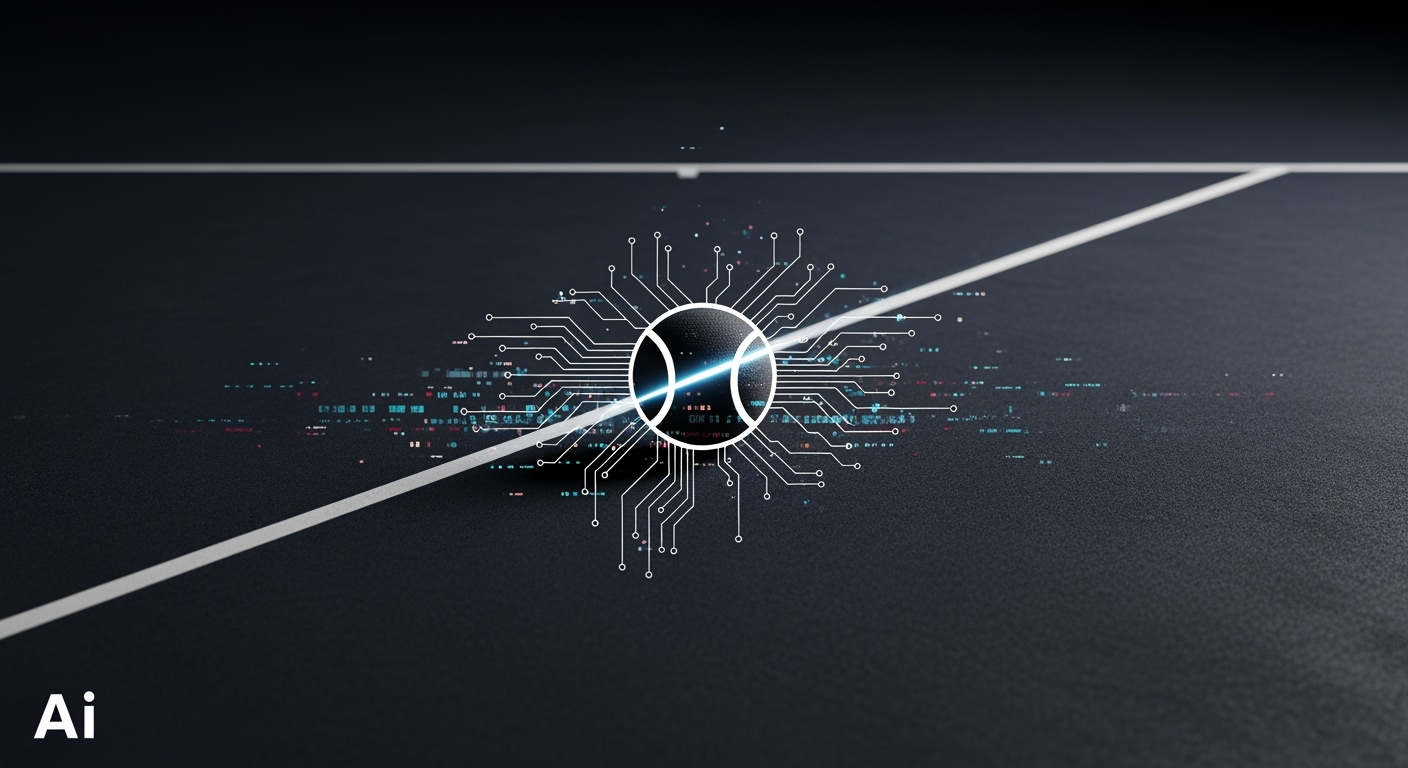Wimbledon’s AI Line Judges Under Fire After Player Backlash

Wimbledon’s AI Line Judges Under Fire After Player Backlash
This year, Wimbledon made a historic change by replacing all human line judges with an electronic line calling (ELC) system powered by artificial intelligence. While the move was intended to modernize the tournament and reduce human error, it has sparked heated criticism from players following several high-profile mistakes.
Players Voice Concerns Over AI Decisions
Several tennis stars have publicly questioned the accuracy and reliability of the new AI system. British player Emma Raducanu found herself on the losing end of a disputed call, claiming the technology failed to notice her opponent’s shot was out. Television replays appeared to support her claim, fueling debate over whether the AI is truly an improvement over human judges.
Jack Draper, currently Britain’s top-ranked male player, also expressed concerns, stating, “I don’t think AI technology is 100 percent accurate.” His comments echo wider skepticism among players, many of whom feel the tech still has a way to go before it can fully replace human judgment.
- Ben Shelton reported having to accelerate his match after being warned that the system might fail due to dimming sunlight.
- Some players struggled to hear the automated calls, and deaf competitors noted the lack of visual signals made it difficult to know when they’d won points.
High-Profile Errors Spark Debate
The most notable incident occurred during a match between Britain’s Sonay Kartal and Russia’s Anastasia Pavlyuchenkova. The AI system failed to call a ball that went out, forcing the umpire to intervene and replay the point. Wimbledon officials later attributed the error to a “human error,” explaining the technology was accidentally shut off during the rally. They subsequently adjusted the system to prevent similar problems in the future.
Wimbledon Defends the Switch to AI
Debbie Jevans, chair of the All England Club, defended the new system, stating it provides more accuracy than traditional line judges and aligns with trends across the tennis world. “When we did have linesmen, we were constantly asked why we didn’t have electronic line calling because it’s more accurate than the rest of the tour,” she said.
Broader Implications for AI in Sports
Wimbledon’s experience highlights the ongoing friction in the full automation of sports officiating. Earlier this year, German player Alexander Zverev also criticized the same technology, posting evidence of a missed call. These incidents fuel the argument for maintaining a balance between human oversight and AI-driven systems.
Beyond tennis, the debate extends into other industries. For example, Klarna recently announced a renewed focus on human customer service after previously emphasizing automation, reflecting a broader recognition of the value that humans still bring to AI-driven operations.
References
- Wimbledon AI makes huge mistake in Sonay Kartal match – The Telegraph
- Tearful Emma Raducanu hits out at Wimbledon’s AI – Yahoo Sports
- Wimbledon slaps down Raducanu, Draper – Yahoo Sports
- Wimbledon overhauls Hawk-Eye to avoid repeat error – Yahoo Sports
- Tennis star Alexander Zverev criticizes Hawk-Eye ELS – The Verge
- Humans provide necessary checks and balance for AI – TechCrunch
- Klarna CEO says company will use humans for VIP customer service – TechCrunch





